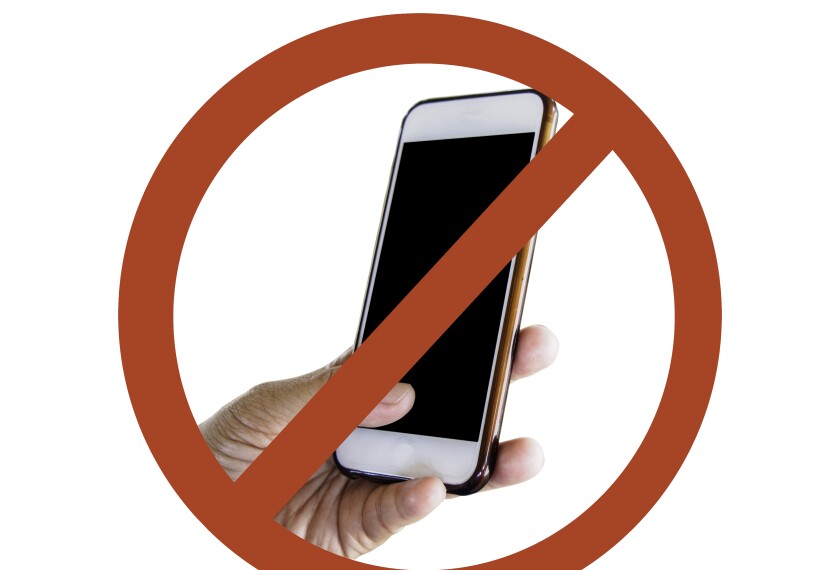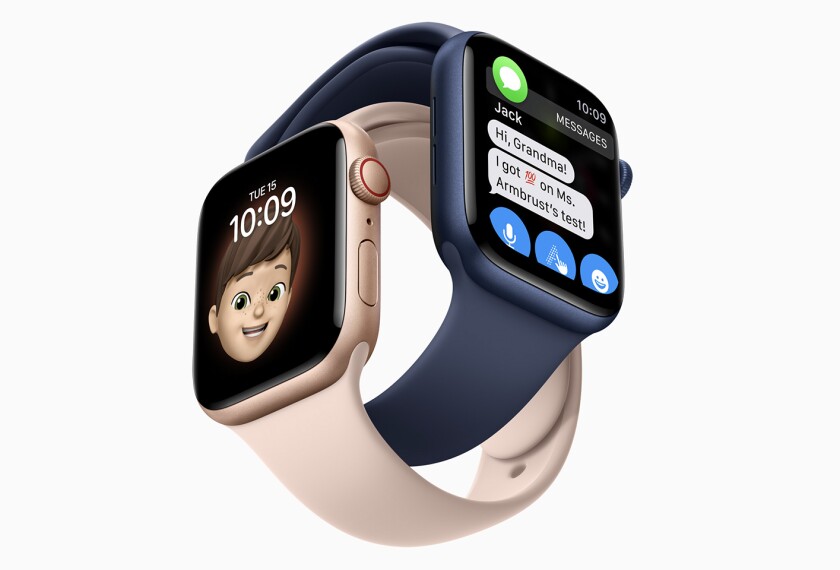The debate about the benefits and drawbacks of artificial intelligence, and more specifically ChatGPT, is heating up. In an open letter posted on the Future of Life Institute, tech luminaries and prominent researchers, such as Apple co-founder Steve Wozniak and Berkeley computer science professor Stuart Russell, are calling for tech companies to temporarily hit the brakes on the development of AI technologies.
The letter—now signed by more than 10,000 people—expresses deep concerns that “recent months have seen AI labs locked in an out-of-control race to develop and deploy ever more powerful digital minds that no one—not even their creators—can understand, predict, or reliably control.”
With those big-picture technological concerns in mind, it’s not surprising that some school districts—such as the New York City schools, the nation’s largest district—are banning the use of ChatGPT in schools, except for the purposes of teaching students specifically about AI and technology. Others have taken a more flexible approach, allowing access to the technology because they believe students and educators need to learn how to use it effectively and appropriately.
Those opposing approaches raise an important question: Should K-12 schools ban the use of ChatGPT?
We asked ChatGPT itself that question. Here is how its artificially intelligent mind responded:







